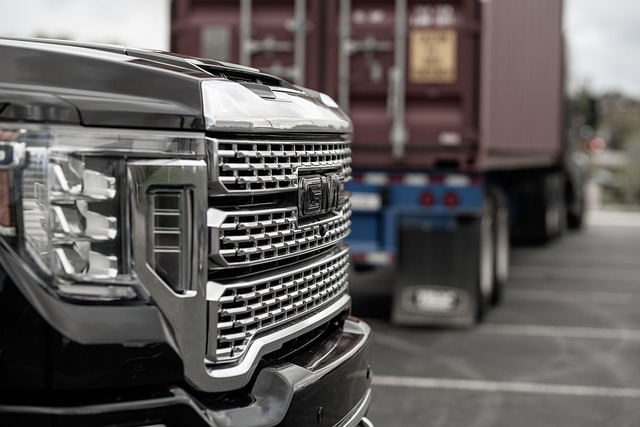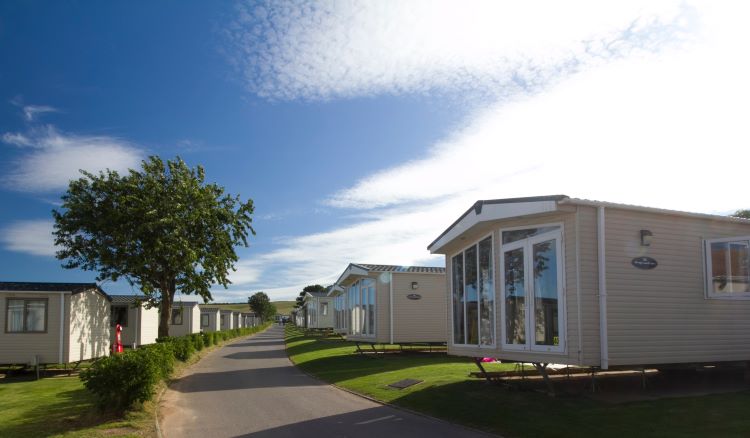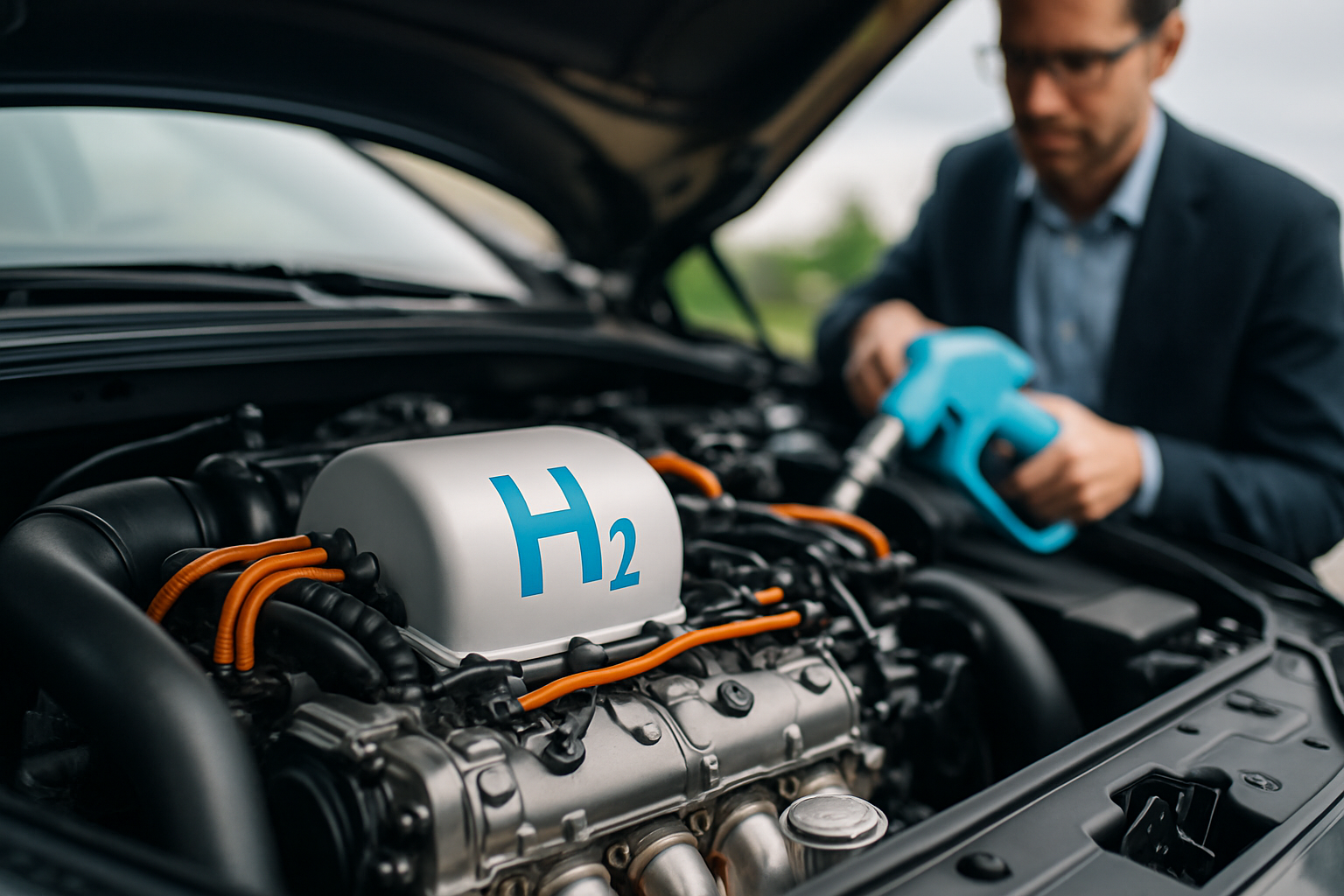Small Campervans for Sale — Practical Guide to Choosing and Buying
Small campervans offer the perfect balance of mobility and comfort for adventurous travelers seeking freedom on the road. These compact recreational vehicles provide essential living amenities while maintaining the maneuverability of a standard van, making them ideal for both weekend getaways and extended road trips. Whether you're a first-time buyer or looking to downsize from a larger RV, understanding the key aspects of small campervan ownership will help you make an informed purchasing decision that matches your travel style and budget.

Small campervans have revolutionized the way people approach recreational vehicle travel, offering a compact yet functional solution for those who want to explore without the bulk of traditional motorhomes. These versatile vehicles combine the practicality of a van with the comfort of a mobile home, creating an appealing option for various types of travelers.
Understanding Small Campervan Types and Interior Layouts
Small campervans typically fall into several categories based on their base vehicle and conversion style. Class B motorhomes represent the most common type, built on van chassis from manufacturers like Mercedes Sprinter, Ford Transit, or Ram ProMaster. These vehicles usually measure between 19-24 feet in length and offer standing room for most adults.
Interior layouts vary significantly depending on the manufacturer and intended use. The most popular configurations include rear bathroom layouts with a wet bath, galley kitchen, and convertible dinette that transforms into sleeping space. Alternative layouts feature fixed beds, larger kitchen areas, or dedicated workspace zones for remote workers. Pop-top versions provide additional headroom and sleeping space while maintaining a lower profile for driving and parking.
Conversion vans represent another category, often featuring more basic amenities but offering greater customization potential. These vehicles may include simple sleeping platforms, portable cooking equipment, and minimal electrical systems, making them more affordable entry points into campervan ownership.
Key Features and Equipment to Look for in a Small Campervan
When evaluating small campervans, several essential features deserve careful consideration. The electrical system should include adequate battery capacity, typically lithium-ion batteries with at least 200-400 amp hours, solar panels for charging, and an inverter for AC power needs. Shore power connections allow for charging when connected to campground electrical hookups.
Water systems should feature fresh water tanks of at least 20-30 gallons, gray water tanks, and potentially black water tanks if a toilet is included. Hot water heaters, either tankless or small tank units, significantly improve comfort during extended trips. Kitchen equipment typically includes a two-burner cooktop, refrigerator or cooler, and adequate storage for food and cooking supplies.
Climate control systems become crucial for year-round use. Diesel heaters provide efficient heating in cold weather, while roof-mounted air conditioning units or portable alternatives help manage hot climates. Adequate insulation and window coverings contribute to temperature regulation and privacy.
Budgeting: Purchase Price, Running Costs and Financing Options
Small campervan pricing varies dramatically based on age, condition, features, and manufacturer reputation. Entry-level used conversion vans may start around $30,000-50,000, while professionally built Class B motorhomes typically range from $80,000-150,000 for new units. High-end custom builds can exceed $200,000 depending on luxury features and specialized equipment.
Running costs include fuel consumption, which typically ranges from 15-20 miles per gallon depending on driving conditions and vehicle weight. Insurance costs vary by state and coverage level but generally range from $1,500-3,000 annually. Maintenance expenses should account for regular service intervals, tire replacements, and potential repairs to specialized RV systems.
| Vehicle Type | Price Range | Key Features | Estimated Annual Costs |
|---|---|---|---|
| Used Conversion Van | $30,000-60,000 | Basic amenities, DIY potential | $8,000-12,000 |
| New Class B Motorhome | $100,000-180,000 | Full amenities, warranty | $15,000-25,000 |
| Custom Build | $150,000-250,000 | Luxury features, personalized | $20,000-30,000 |
Prices, rates, or cost estimates mentioned in this article are based on the latest available information but may change over time. Independent research is advised before making financial decisions.
Financing options include traditional RV loans, personal loans, or cash purchases. RV loans typically offer longer terms than auto loans, often 10-20 years, with interest rates varying based on credit scores and loan amounts. Some buyers choose to finance through dealerships, while others prefer working directly with banks or credit unions for potentially better rates.
Pre-Purchase Inspection Checklist and Common Issues to Watch For
Thorough inspections prevent costly surprises after purchase. Begin with the vehicle’s mechanical systems, checking engine condition, transmission operation, brakes, and suspension components. Request maintenance records and verify mileage accuracy. Test all electrical systems, including house batteries, charging systems, and 12V appliances.
Water system inspections should include checking for leaks, testing pumps and faucets, and ensuring tanks are clean and functional. Examine the roof carefully for signs of water damage, loose seals, or potential leak points around vents, air conditioning units, and solar panels.
Common issues in small campervans include water damage from roof leaks, electrical problems due to poor wiring or overloaded systems, and mechanical wear from heavy use. Slide-out mechanisms, if present, require careful inspection for proper operation and seal integrity. Interior components may show excessive wear, particularly in rental fleet vehicles.
Where to Buy, Paperwork, Registration and Insurance Tips
Small campervans are available through various channels, each with distinct advantages. Authorized dealers provide warranties, financing options, and professional service support but typically charge higher prices. Private party sales often offer better values but require more careful inspection and verification of ownership.
Online platforms like RV Trader, Facebook Marketplace, and specialized forums connect buyers with sellers nationwide. RV shows and rallies provide opportunities to compare multiple units and speak directly with manufacturers or dealers.
Paperwork requirements vary by state but typically include title transfer, registration, and insurance documentation. Some states classify small campervans as commercial vehicles, affecting registration fees and requirements. Verify local regulations before purchase to avoid unexpected costs or complications.
Insurance considerations include comprehensive coverage for both the vehicle and personal belongings. Specialized RV insurance often provides better coverage than standard auto policies, including roadside assistance, vacation liability, and full-timer coverage for those living in their vehicles year-round.
Successful small campervan ownership begins with thorough research, careful inspection, and realistic budgeting for both purchase and ongoing costs. These versatile vehicles offer incredible freedom and adventure potential when chosen wisely and maintained properly.




